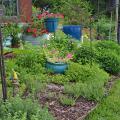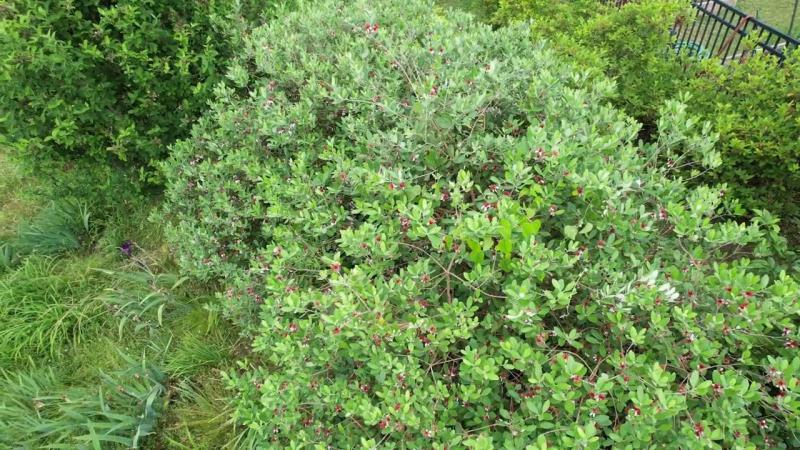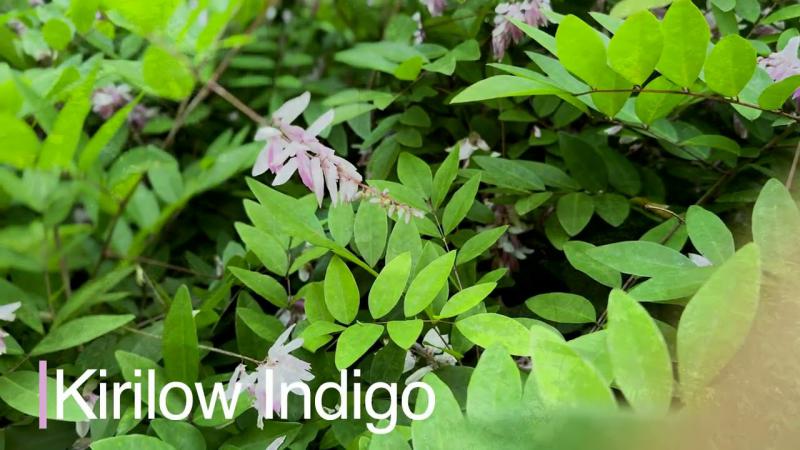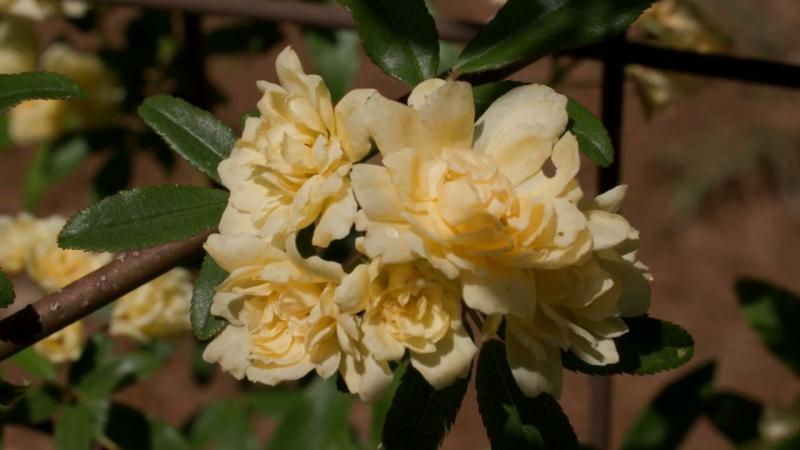Irrigation, Mulches, Fertilizers & Weed Control
Mississippi summers are typically dry for weeks. Therefore, be prepared to water annual plantings as needed. To promote deep root growth, water thoroughly and deeply, then let soils get nearly dry before soaking again. Gently water annuals, using the fine spray setting of an adjustable nozzle or a breaker specially designed for watering. Soaker or sprinkler hoses are more convenient than hand watering because they provide a gentle flow of water that seeps into the soil. Trickle or drip irrigation kits conserve water by putting it only at the base of plants, a little at a time, and are best used frequently to keep soil moist. Soakers and drip systems also help keep foliage dry, which can reduce the spread of leaf diseases.
Decorative mulches such as pine straw, shredded bark, composted leaves, or other porous materials that allow air and water exchange help to conserve water and keep the soil cooler. Mulches also prevent many weed seeds from sprouting, but they can hinder reseeding annuals for the same reason. Soaker hoses can be hidden beneath the mulch.
Annual plants often require extra doses of fertilizer during the growing season. Whether a granular or a water-soluble fertilizer is used, follow label directions for use. Water-soluble fertilizers give fast, but temporary, effects. Slow-release fertilizers are the most expensive; however, they provide the appropriate amount of fertilizer to the plants throughout the growing season with little effort and waste, which makes them more economical and environmentally safe. Most annuals benefit from an all-purpose fertilizer having an even or nearly even balance between nitrogen, phosphorous, and potash, as indicated by the three numbers on the container. Flowering plants may perform better when you use a fertilizer with a higher middle number (more phosphorous); green or colorful foliage plants such as amaranth, caladium, and basil benefit from higher nitrogen (first number). Remember that fertilizers, like salt, go a long way; a little is better than too much.
The ideal soil pH is between 6.0 and 7.5 for most flower species. A soil test will indicate the need for lime, if any, and the amount for your particular soil type. For soil testing information, contact your county Extension office or use an inexpensive test kit available from a garden center or mail order catalog. Agricultural lime often lasts in Mississippi soils for three or more years; for this reason, it is best to not add lime unless a soil test indicates a need and quantity.
Few things can dampen enthusiasm faster than weeds. To reduce the need for hand-pulling or chopping weeds, there are herbicides that prevent weed seed germination and others that eliminate existing weeds on contact. Some may be used to control grasses without harming flowers. There are precautions and guidelines on the uses of herbicides, making none completely foolproof. Consult with your county Extension agent or local garden center on the selection and use of weed control chemicals, and carefully follow label directions. Mulches shade weed seeds and prevent their germination, thereby eliminating or reducing the need for hand or chemical weed control.
Publications
News
As the Fourth of July approaches, many of us are preparing to celebrate with patriotic decor, fireworks and gatherings with family and friends. Why not extend the celebration into the garden with plants that proudly show off our nation’s colors?
I recently had the pleasure of visiting the backyard bluff gardens of Paul and Donna Ingram, perched high above the winding Mississippi River in Vicksburg, Mississippi.
There are a few plants that bring both beauty and function to the landscape, and pineapple guava is one of those rare gems that does it all.
During a recent visit to Paul and Donna Ingram’s garden in Vicksburg, Mississippi, I was inspired by how beautifully they’ve showcased this remarkable plant.









